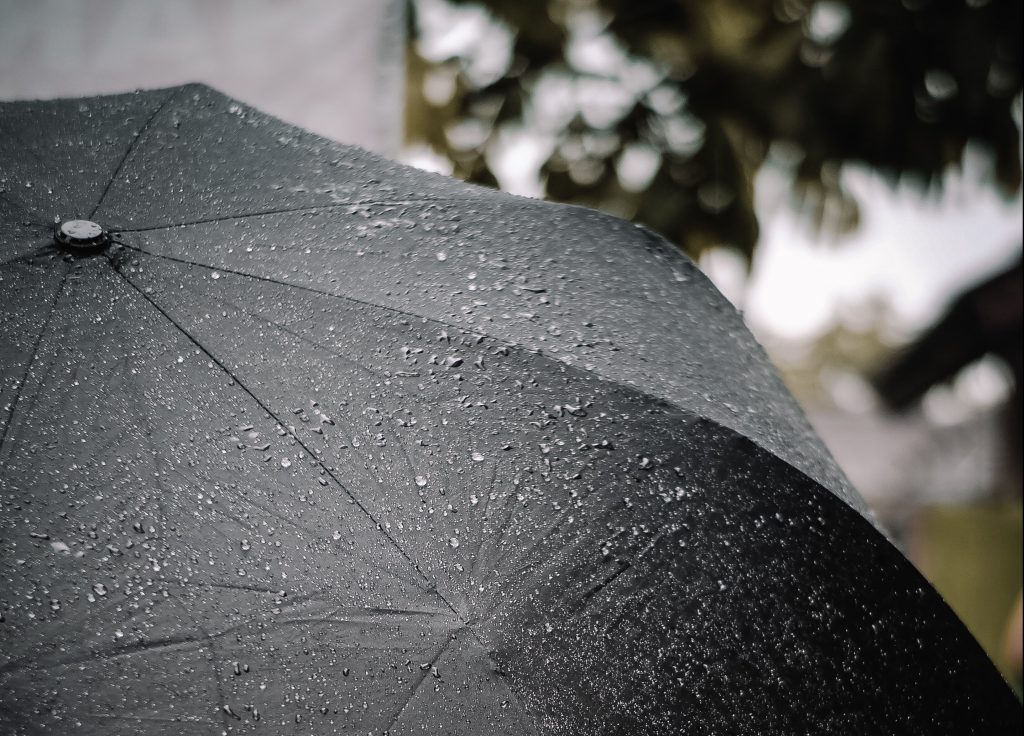
Nervous Stomach Anxiety: yin/yang explanation
Why You get Nervous Stomach Anxiety and How to Handle It. Acupuncture has great ways to help.

Yin Excess is all too common. (Sometimes it’s called Fullness of Yin.)
Unlike the extremes of Yang Excess, which don’t usually last too long, Fullness of Yin can remain in your body for years, even until you die.
However, it isn’t usually a killer: it just wears you down – so, for long-term health, you really need to clear it from your system.
If you aren’t sure what Yin is, I suggest you first read either or both of the following:
The basic form is that of Cold, Full Cold. However, as you’ll discover, you can get yin excess symptoms in other ways than just from cold.
Cold implies a lack of Yang, which would otherwise warm you up, and many of the other forms of excess Yin also occur because of deficient Yang.
Basic signs of excess Yin, in your system:

The patient looks pale, his pulse feels ‘full’ and a bit slow.
Usually Yin excess develops more slowly than Yang excess. Yin excess also tends to be more common in chronic conditions. (Often, signs of Yin excess develop over a period of many months or even years.)
Why is this? Because Yang is the transforming force. Yin is what is transformed: it tends to continue as it is unless transformed, like our galaxy the Milky Way, which would take a huge ‘yang’ disturbance to push it off course.
Once we get Yin Excess symptoms, they are hard to shift. They become an impediment to change. But we have to clear them before treatment to strengthen Yang energy begins.
Also, being Yin, they have gravity. So if you have one form of yin excess, you’ll probably be more susceptible to other forms of yin excess.

When the body lacks the Yang energy to transform or dissipate these Yin energies before they take hold, you get:

How do you know that you’ve over-eaten?
By that feeling of fullness By the sleepy or tired feeling you get soon after over-eating. (People often take caffeine in the form of coffee, tea or chocolate to guard against this, confusing the body’s signalling system.) By the increase in snot in your nose or mucus in your throat – signs of damp |
All these, Damp, Phlegm, Mucus and Oedema are expressions of Yin Fullness. If chronic, they can be hard to shift by yourself without treatment. Western Medicine has quite powerful drugs which may mask the symptoms but usually cause other problems.
I once had a blocked nose – an example of yin excess. See what happened by clicking here!
Another form of Yin excess is Blood Stasis, a whole subject in itself!
Other pages on this site that you may find interesting include the following, some of which take you off in slightly different directions, including fish!

Stay in Touch!
No spam, only notifications about new articles and updates.

Book a Video consultation if you want to know more about your symptoms

Why You get Nervous Stomach Anxiety and How to Handle It. Acupuncture has great ways to help.
Subscribe to the Newsletter
If you are interested in understanding how Traditional Chinese Medicine can improve your life sign up to my newsletter for the latest updates.
Subscribe to the Newsletter
If you are interested in understanding how Traditional Chinese Medicine can improve your life sign up to my newsletter for the latest updates.
4 Responses
Very helpful
With global warming we are moving towards a situation caused by lack of water in many places, a form of yin deficiency. But if you’ve just been deluged in water, from a flash flood or downpour, you’ll be suffering from yin excess!
Hi!
I am man, 65 years old, and I think I have excess yin energy!
I am always cold, and I am always tired.
I am Tao instructor and I am practicing tao yoga every day.
Can you recommend me some tao practices which will
decrease my yin energy!
Best Regard
Blagoj
Hi Blagoj
You haven’t given me enough information to provide a detailed explanation of what is happening, and although I’ve practised Hatha Yoga for over 55 years, I’m not familiar with Tao yoga, though the internet tells me it is connected with or rather like qigong.
Most yoga practices, and certainly those of qigong, seek to improve the warmth in the body, so I wonder, first, if your practice is in some way cooling you. (There are, of course, yoga practices to cool yourself but living in a northern climate I’ve never needed to try them.)
Secondly, is there anything you are doing to dissipate energy and warmth? Maybe you could look at our page on yang-deficiency. There’s even more information in my book on the subject.
For information about yin excess, read our page on it, then if you have time, read our page on the invasion of Cold, which has been a subject of major interest for Chinese medicine for 1500 years.
However, if you have low energy as well as a chronic feeling of coldness, probably you have yang-deficiency.